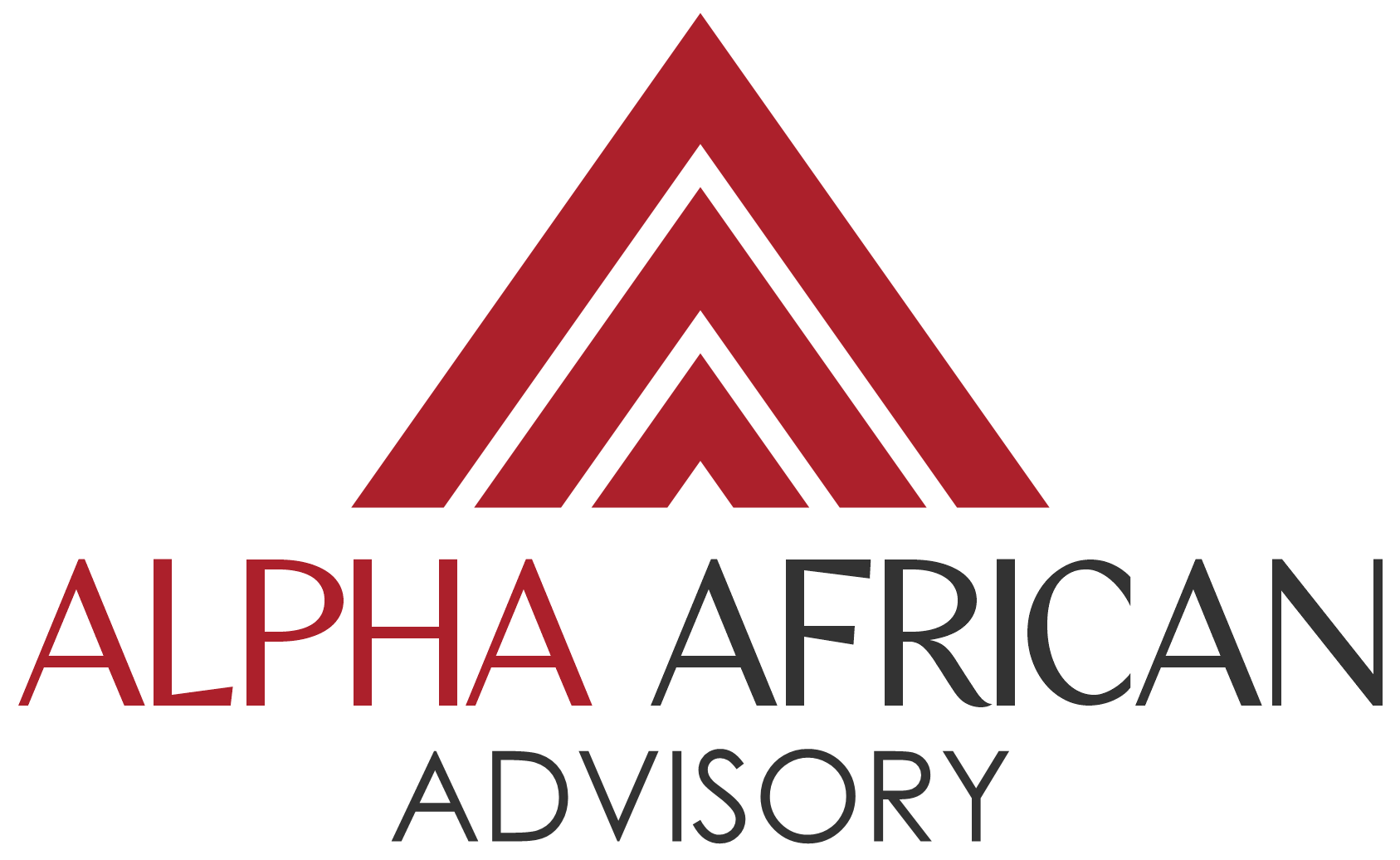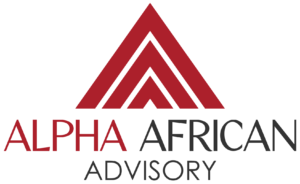
In recent years, Nigeria has emerged as one of Africa’s most dynamic economies, presenting countless opportunities for investors and businesses. Understanding the market trends in Nigeria is important for staying ahead of the financial curve in this diverse and rapidly evolving landscape. In this blog post, we’ll explore the key statistics and insights that shed light on the current state of the Nigerian economy and the trends that are shaping its future.
- Nigerian Economy in Numbers
To understand the market trends in Nigeria, let’s start with some key statistics. According to Trading Economics, Nigeria is the most populous country in Africa with over 218 million people. This large and youthful population is a significant driver of economic activity, making it an attractive market for various industries.
- Gross Domestic Product (GDP) Growth
Nigeria’s GDP is another vital metric. Despite facing serious economic challenges in recent years, Nigeria’s GDP continued to grow. In 2022, according to World Bank, the GDP was worth 477.39 billion US dollars in 2022, making it the largest economy in Africa. This growth is driven by diverse sectors, including oil and gas, agriculture, construction, and other services.
- Foreign Investment
Foreign investment plays an important part in Nigeria’s economic development. In recent years, the Nigerian government has been working to attract foreign investors by implementing policies to ease the process of doing business in the country. As a result, Nigeria has seen increased foreign direct investment (FDI) inflows, particularly in sectors like technology, telecommunications, and manufacturing. Statistics by the Central Bank of Nigeria show that Foreign Direct Investment in Nigeria increased by 752.71 USD Million in the fourth quarter of 2022. According to Trading Economics econometric models, the Nigeria Foreign Direct Investment is predicted to be around 1250.00 USD Million in 2024 and 1400.00 USD Million in 2025.
- Emerging Sectors
Nigeria’s economy is diversifying beyond oil and gas which used to be the main economic driver. Emerging sectors such as financial technology, blockchain, artificial intelligence, the internet of things, e-commerce, and renewable energy are rapidly growing. These sectors present exciting investment opportunities, given the increasing consumer adoption of technology and the growing demand for sustainable solutions.
- Consumer Behaviour
Understanding the behaviour of consumers is important for businesses in Nigeria. Currently, consumer preferences are evolving due to increased urbanisation. Consumer spending on technology, e-commerce, entertainment, and lifestyle products is on the rise, making these sectors attractive for investors. Having internet connectivity for nearly half of its population, Nigeria stands as one of Africa’s most significant consumer markets. Projections indicate a 25.5 percent growth in the market for 2023, thereby contributing to the global growth rate of 17.0 percent in the same year.
- Technology Adoption
In recent years, Nigeria has been experiencing a digital revolution. Statistics from Statistica show that in January 2023, Nigeria recorded approximately 122 million active internet users, which corresponds to roughly half of the total population. This shows that the country has a thriving online community. This trend presents opportunities for tech startups and businesses looking to tap into the digital market.
- Economic Challenges
Despite the promising statistics, Nigeria faces its fair share of economic challenges. These include inflation, security issues, the state-society gap, corruption, unemployment, crime and terrorism, inconsistent economic policies, ethnicity and religious differences, poor human capital development, and infrastructure deficits. It’s essential for investors and businesses to consider these challenges while planning their strategies in the Nigerian market.
- Investment Strategies
Nigeria, rich in natural resources, with a steadily growing population and a flourishing economy, offers a wide range of investment opportunities. To stay ahead of the financial curve in Nigeria, investors and businesses should adopt a multi-pronged approach. Diversifying portfolios, conducting thorough market research, and staying updated on regulatory changes are essential steps.
- Long-term Perspective
Nigeria’s market trends indicate long-term potential. The country’s young population and emerging sectors position it as a market to watch. Those who take a long-term perspective and invest in building relationships and understanding the local culture are likely to reap the rewards.
In conclusion, understanding market trends in Nigeria is important for anyone looking to capitalise on the massive opportunities the country offers. By keeping an eye on key statistics, staying informed about emerging sectors, and addressing economic challenges strategically, investors and businesses can position themselves to stay ahead of the financial curve in this vibrant and dynamic African economy. Whether you’re a local entrepreneur or a foreign investor, Nigeria’s evolving market trends present a world of possibilities for those willing to seize them.







